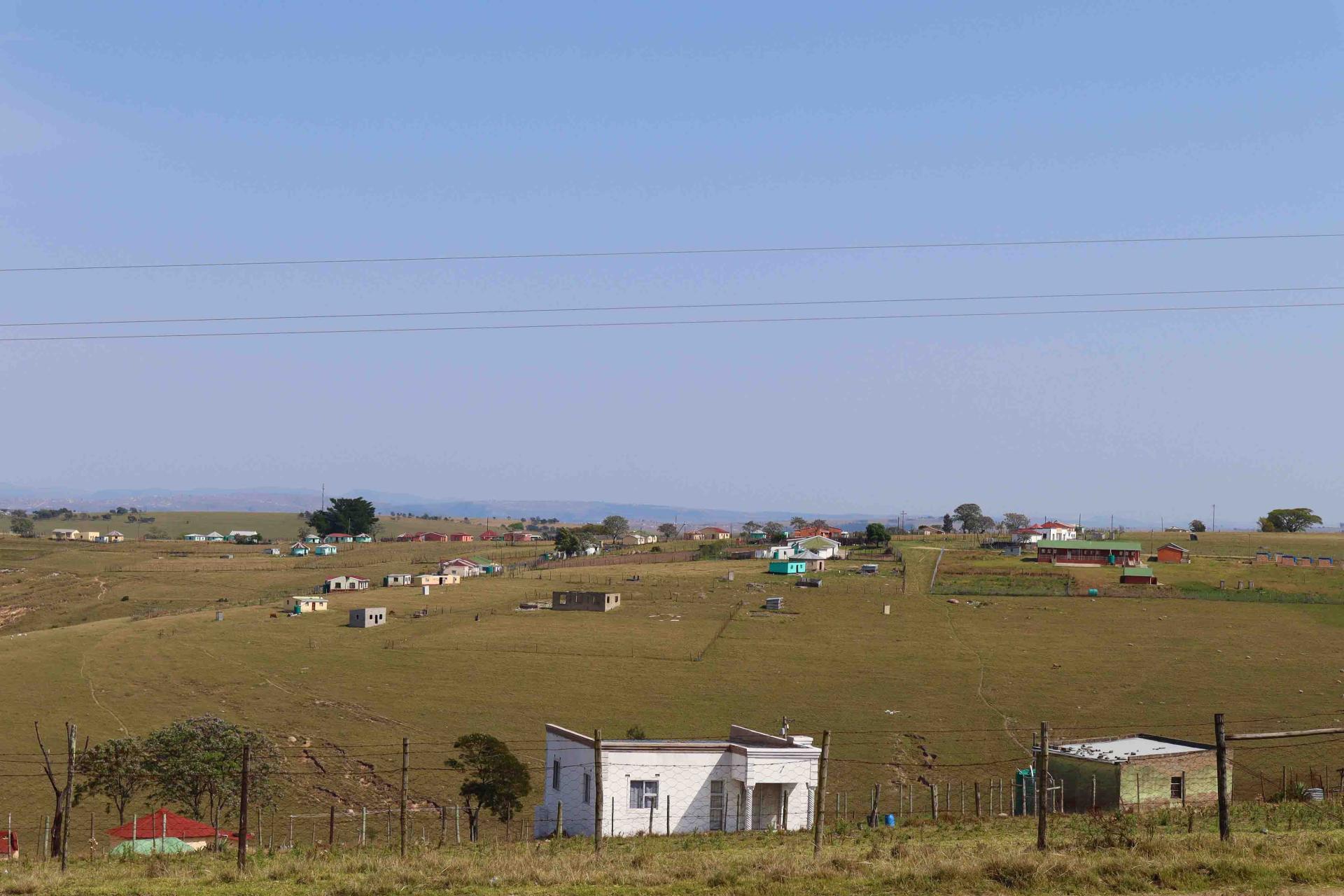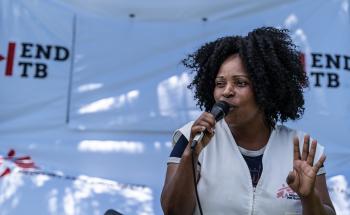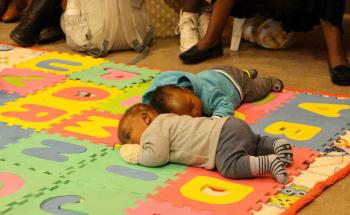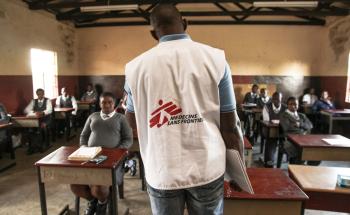Doctors Without Borders/MSF, in partnership with the Eastern Cape Department of Health (ECDoH) launched a project on 05 October aimed at improving and expanding the identification and management of non-communicable diseases (NCDs) in Amathole District, where NCDs like type 2 diabetes and hypertension account for half of all deaths, according to ECDoH data, including a major proportion of deaths of people over the age of 50.
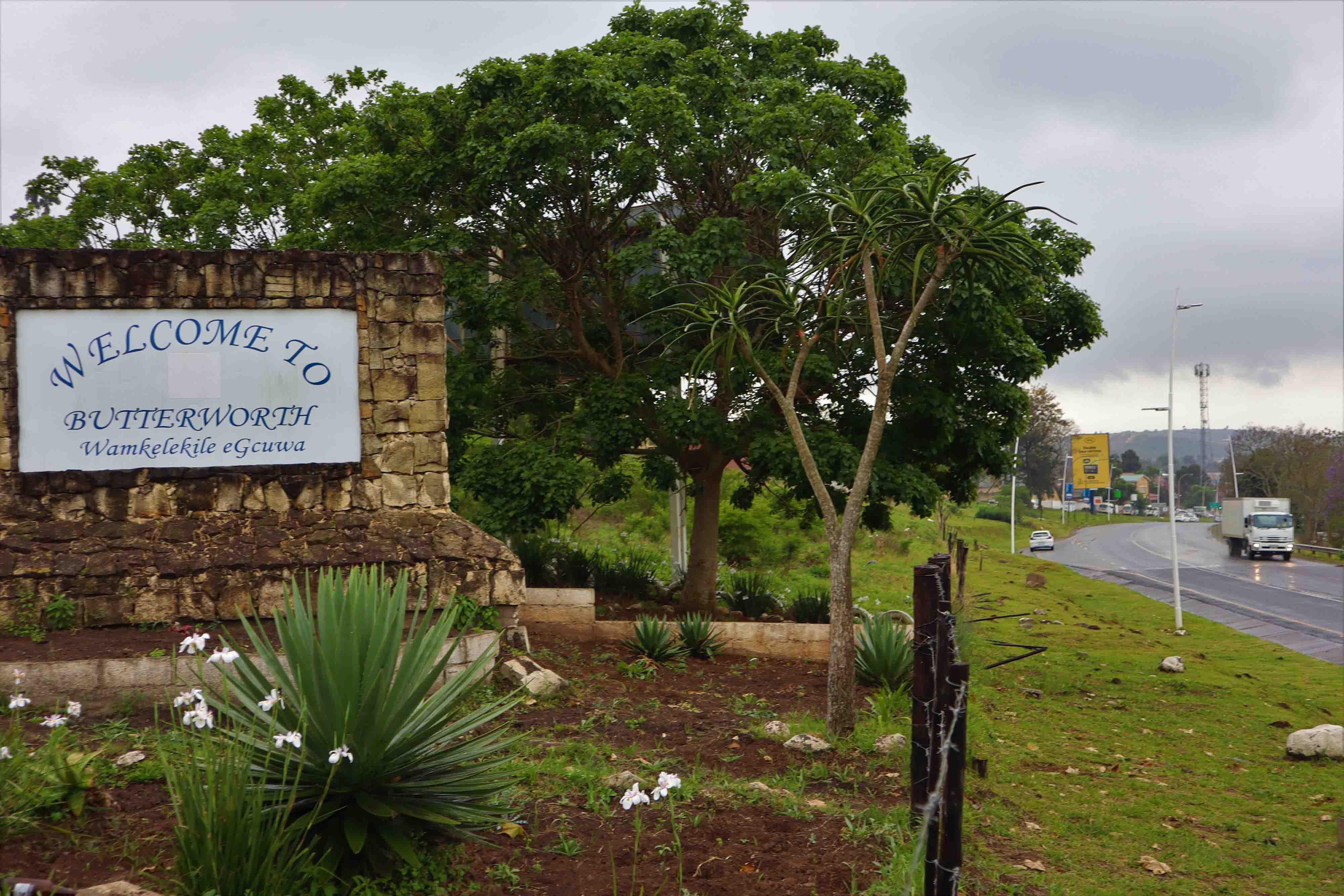
MSF has worked continuously in South Africa since 1999 with a primary focus on HIV, TB, sexual and gender-based violence and access to healthcare for vulnerable migrants. The new project based in Butterworth is the first NCDs project MSF has established in South Africa, although the organization currently has NCDs projects in other parts of the world and will draw on this experience.
MSF Country Operations Manager, Camren McAravey, explained the rationale for the new project, saying that although MSF is well-known for launching rapid emergency responses to catastrophic humanitarian events, “We also focus on NCDs because in the middle of every crisis are people living with chronic diseases who can no longer rely on stable and accessible healthcare to manage their condition safely.”
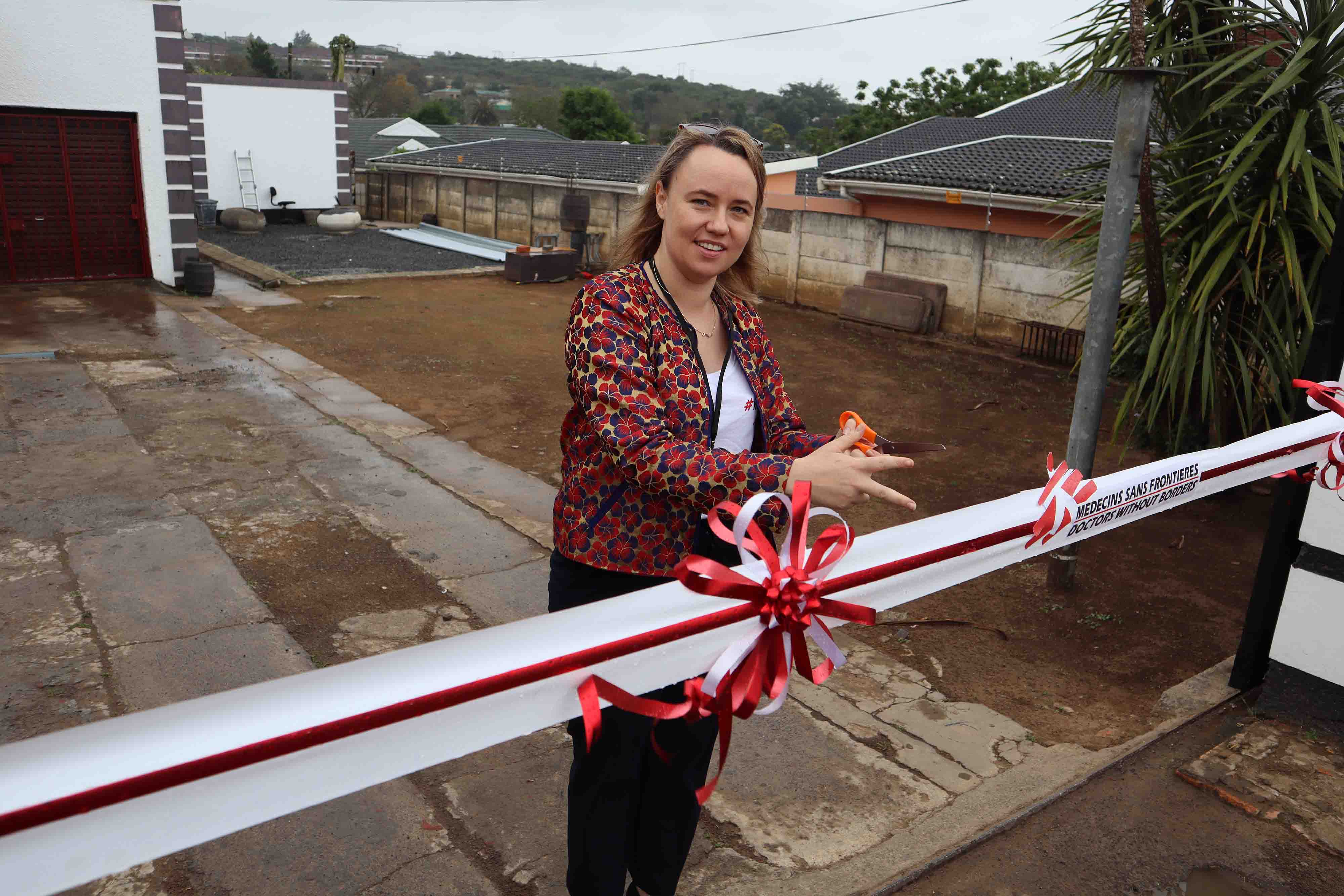
“We feel that these lessons can be easily adapted to transform the ways in which non-communicable diseases are identified and managed,” McAravey said.
The new project office in Butterworth was officially opened by ECDoH MEC for Health, Nomakhosazana Meth, who said, “NCDs account for a rising percentage of deaths and illness in South Africa and Eastern Cape is no different. We are a department with budgetary constraints, and when we get opportunities to partner with other organizations, we grab them with both hands.”
Meth added that MSF was instrumental in the province’s fight against COVID-19 at the height of the first wave.
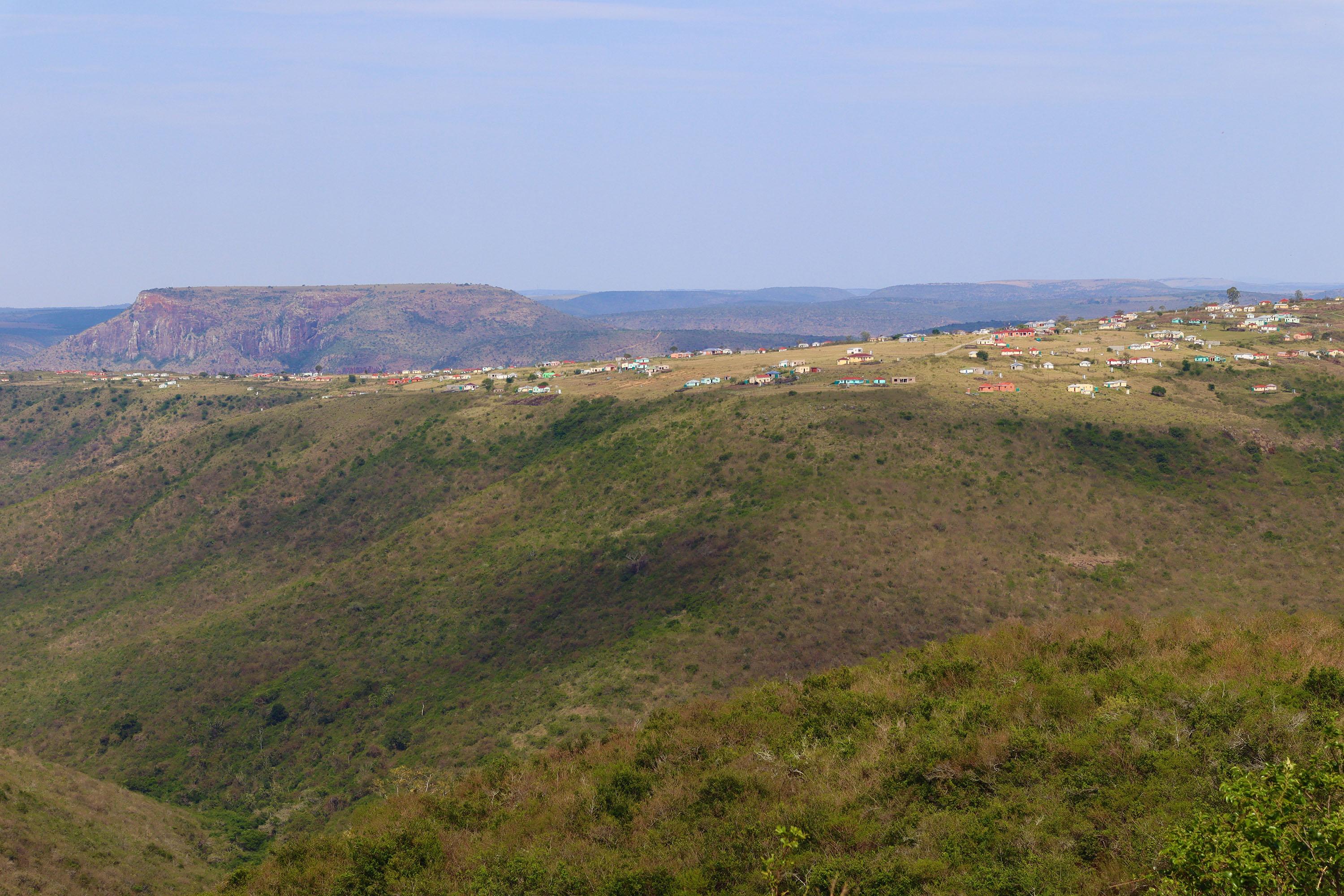
“The organisation supported Butterworth Hospital by setting up and staffing a COVID-19 ward, helping to save lives in our province,” she said.
In addition to its support to Eastern Cape hospitals during the COVID-19 pandemic, MSF established and ran a rural HIV programme in Lusikisiki from 2003 -2005 in partnership with the ECDoH and the Nelson Mandela Foundation.
